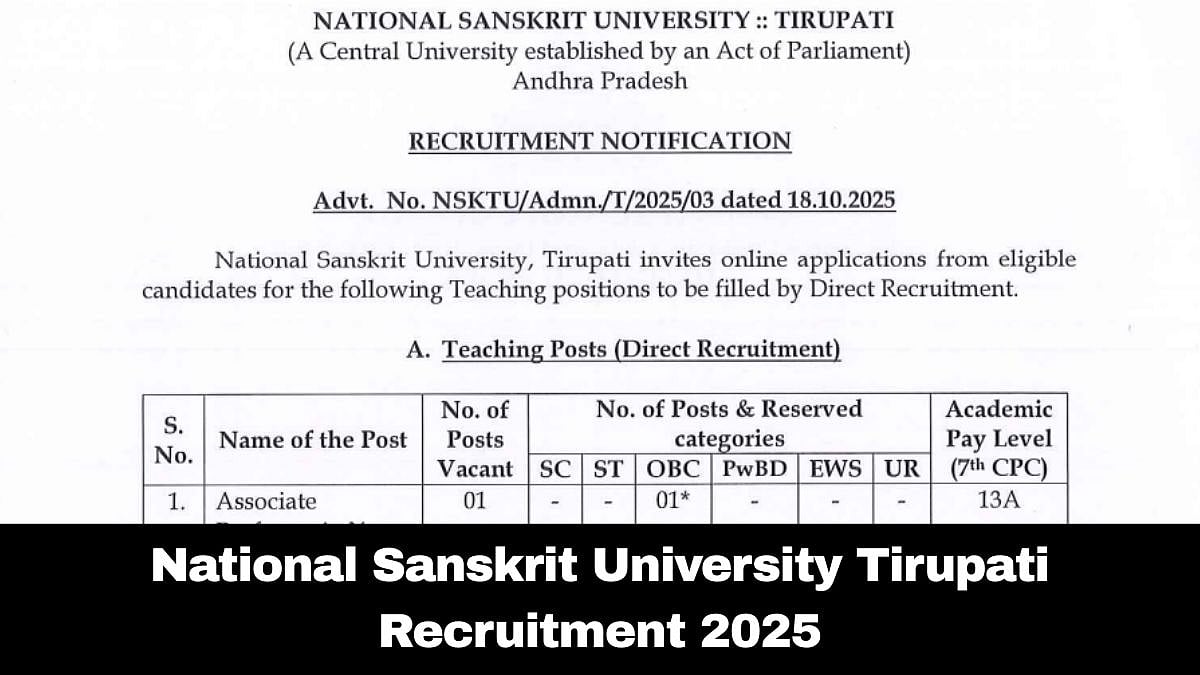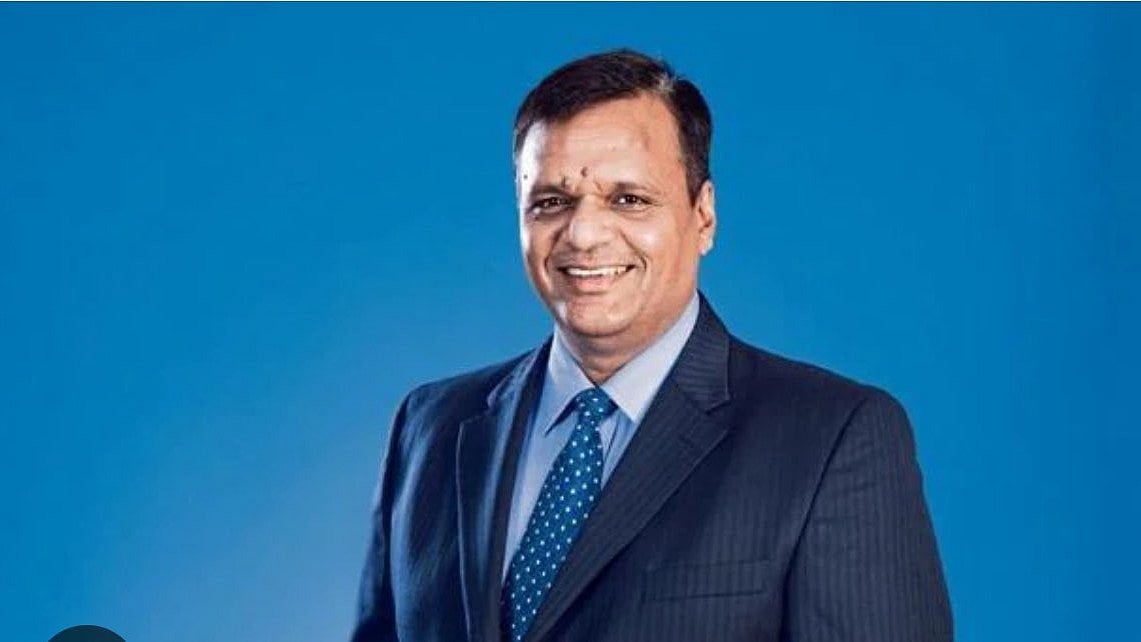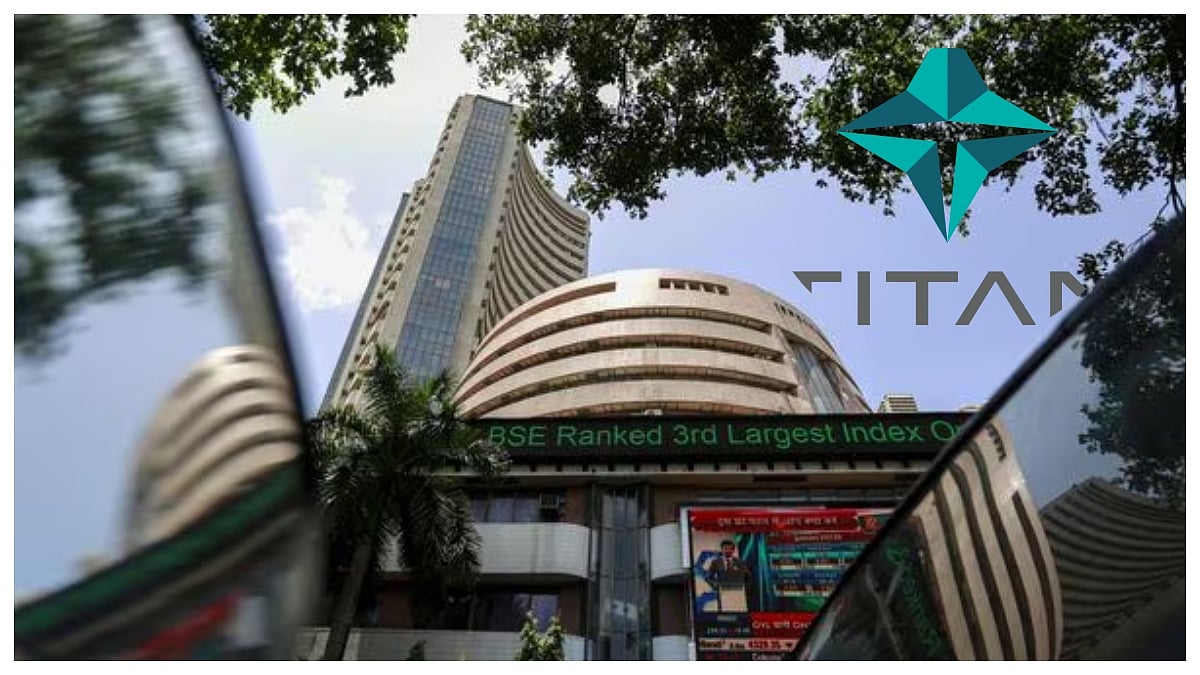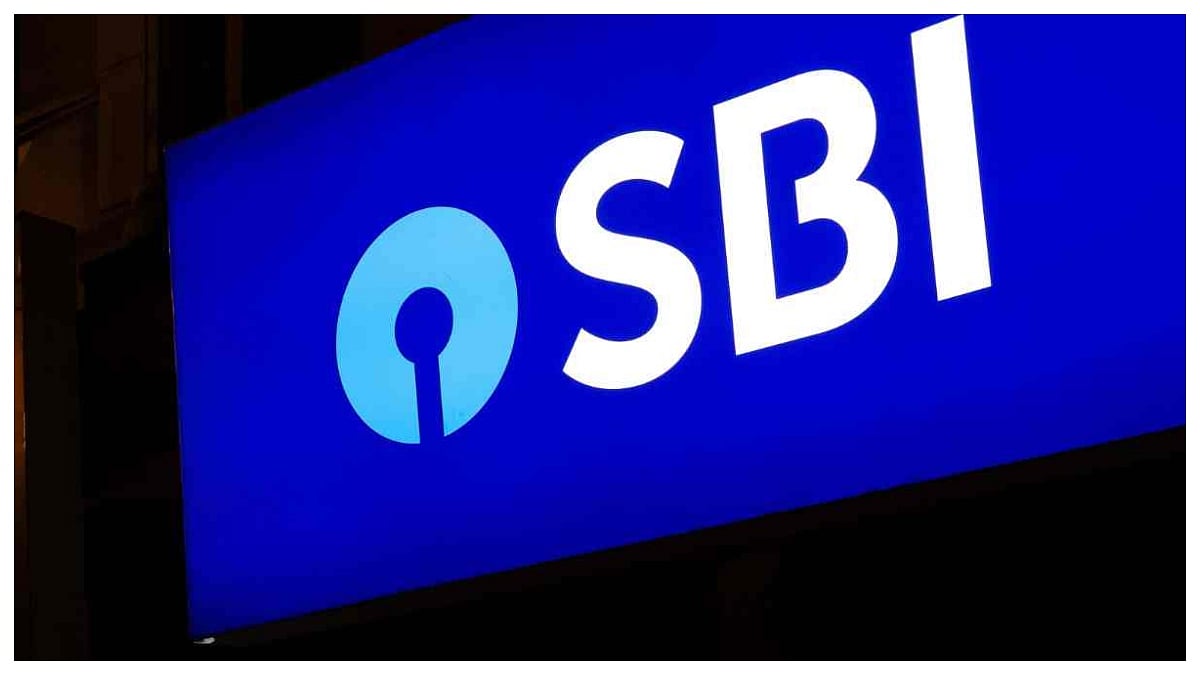Even groundbreaking products in the digital space need to be easily available to users first before clearing the clutter. The first step towards reaching consumers and gauging their response is to offer free samples, before the service can be monetised. This is the model which software developers adopted during the 80s, when the world had just taken its first steps towards digitisation.
Offering free trials
Hence shareware came into existence, and emerged as a popular model to launch software during the 90s, which is also behind successful products we use today. Shareware is different from freeware, because although it is offered for free initially, users need to subscribe and pay at a later stage to support the software. The idea is to let users test the software and then see if they like it enough to buy it.
A popular model to launch innovation
As opposed to freeware, the users of shareware are also encouraged to spread the limited version of the software for increased sales. Fremium software, adware, demoware for trials, Nagware that repeatedly nags users to get paid subscriptions, and donationware. Skype, Adobe Photoshop and WinZip are among the most successful software launched via the shareware model.
Celebrating digital talent
On the second Saturday of every December, developers and geeks celebrate shareware day to recognise the contribution of all the programmers, who worked for hours to bring innovative ideas to consumers. The yearly event was launched by former actor David Lawrence to express appreciation for software engineers, by leaving comments on shareware websites or using #sharewareday on social media.
Has its own risks
The first known example of shareware called PC-Write, was developed in 1983 as a word processing tool. But shareware also has its own risks, since hackers can slip in malware because of little support for security. One way to stay safe is to steer clear of software which isn't regularly updated.









